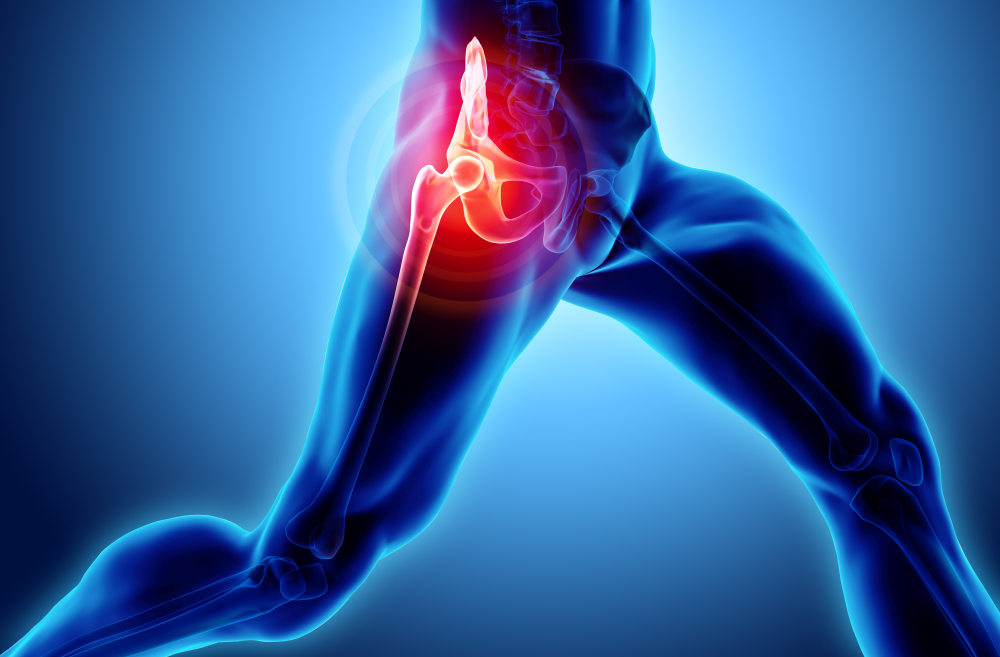Type 1 diabetes mellitus is a result of autoimmune destruction of pancreatic insulin producing β-cells and so far it can be cured only by insulin injection, by pancreas transplantation, or by pancreatic islet cells’ transplantation. The methods are, however, imperfect and have a lot of disadvantages. Therefore new solutions are needed. The best one would be the use of differentiated mesenchymal stem cells (MSCs). In the present study, we investigated the potential of the bone marrow-derived MSCs line for in vitro differentiation into insulin producing cells (IPSs). We applied an 18-day protocol to differentiate MSCs. Differentiating cells formed cell clusters some of which resembled pancreatic islet-like cells. Using dithizone we confirmed the presence of insulin in the cells. What is more, the expression of proinsulin C-peptide in differentiated IPCs was analyzed by flow cytometry. For the first time, we investigated the influence of growth factors’ concentration on IPCs differentiation efficiency. We have found that an increase in the concentration of growth factors up to 60 ng/mL of β-FGF/EGF and 30 ng/mL of activin A/β-cellulin increases the percentage of IPCs. Further increase of growth factors does not show any increase of the percentage of differentiated cells. Our findings suggest that the presented protocol can be adapted for differentiation of insulin producing cells from stem cells.


